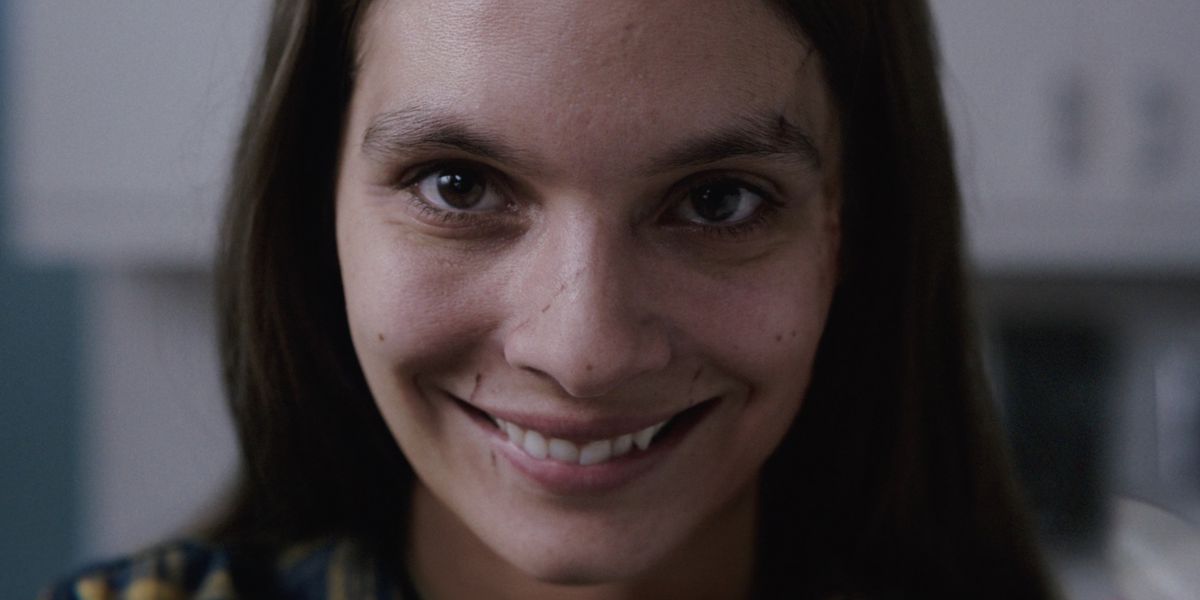Halloween season, where everyone wants to watch a scary movie.
There is a growing desire for a spooky horror film just as Halloween creeps in. Whether you can keep your eyes fixed on the screen as the suspense increases or whether you can always guess the plot and track who the real culprit is.
Table of Contents
Watching a Scary Movie may alleviate Anxiety
As strange as it may sound, these terrifying scenes might be just the remedy for anxiety.
According to a published study by Coltan Scrivner, PhD, a behavioural scientist at the Recreational dread Lab at Aarhus University in Denmark, horror movies serves as an outlet – A predictable place for experiencing dread and anxiety, especially for people who feel pressured to hide their feelings or suppress their emotions.
“Unlike anxiety stemming from the real world, horror fiction-induced anxiety is rooted in a clear source, is more easily managed, and has a clear timeframe,” Scrivner wrote – the “runner’s high” from exercise may be comparable to the changes in the body that occur after seeing a horror movie.
A study conducted in Finland showed that your body’s fight-or-flight response activates when you watch a scary movie, causing your heart to accelerate, blood pressure to spike, and breathing to quicken – This acute stress reaction, which is fueled by a hormone cocktail including cortisol and adrenaline, can be stimulating.
What happens to the body when watching a scary movie?
This acute stress response, according to a board-certified psychiatrist and medical director of New Waters Recovery in North Carolina Dr. Harold Hong, can be energising, giving us a sense of being more alive and a part of our environment.
The body’s stress hormones which release cortisol and adrenaline, can be secreted by fear – Fear can also stimulate the release of dopamine and endorphins. Dopamine, also known as “the pleasure hormone”, aids in mood regulation, while endorphins serve as natural pain and stress relievers.
The amygdala, a region of the temporal lobe, directs your body on how to respond to fear, impacting not only your brain but also your heart, lungs, and hormones. It facilitates the first reaction to a threat stimulus.
After seeing a scary movie, these hormone changes can make you feel relieved turning it into a productive kind of stress.
However, persistent stress or anxiety may be felt by those who find themselves overwhelmed by intense fear triggered by horror films. It can become difficult to turn off the fear reaction, which may cause insomnia or ongoing anxiety. This should just be a temporary effect.
“For those with underlying cardiovascular problems, the heightened physiological response to fear in horror movies could be a concern,” stated Dr. Ryan Sultan, an assistant professor of clinical psychiatry at Columbia University.
Horror films can provide a safe environment in which to tackle fears and concerns in addition to providing enjoyment and an adrenaline rush.
Sultan says, “It’s like resetting your emotional responses.”
Individuals can experience and express increased anxiety and terror in a safe and controlled atmosphere thanks to recreational horror – A good fright can produce an exhilaration that is comparable to that of cardiovascular exercise for fans of the genre. This momentary terror response might even be helpful.
So as you curl up with a spine-tingling horror film this Halloween season, keep in mind that the thrills and chills you’re feeling could have a pleasant surprise benefit – A safe environment to face your concerns, turn dread into excitement, and even feel a feeling of accomplishment is provided by the realm of horror.
Horror is about finding a new way to accept your worries and find a different type of well-being. Allow the chills to be your pass to an exciting new take on wellness this Halloween – It’s not just about the screaming

